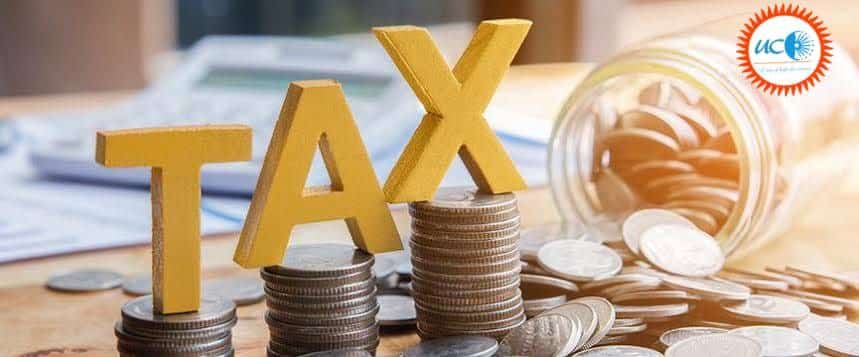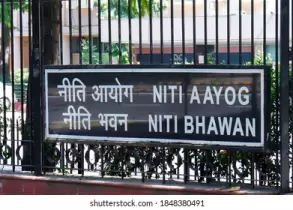Budget 2023: Changes in the Tax regime
Context: Finance Minister Nirmala Sitharaman tweaked tax slabs and rates in the new personal income tax regime in the Budget for 2023-24.
Changes in the new regime
- The scope of full rebate on income tax has been expanded to those earning up to Rs 7 lakh per annum from Rs 5 lakh under the new regime.
- This essentially means that anyone with an annual income of up to Rs 7 lakh will not have to pay any income tax, that too without claiming any deduction.
- Government officials estimate that nearly one crore income tax return filers stand to benefit from this.
- The enhanced rebate in the new scheme is set to leave more in the hands of individuals, disposable incomes at the lower end of the income curve could rise, which in turn could push up consumption.
- Additionally, the Finance Minister extended the benefit of standard deduction under the new tax regime, and raised the exemption limit from Rs 2.5 lakh to Rs 3 lakh.
- The minister also tweaked the tax slabs, effectively lowering the tax rates under the new regime for those earnings up to Rs 15 lakh per annum, leading to a cumulative benefit of Rs 37,500 for an individual earning up to that amount.
- On the other end of the spectrum, the super-rich with annual income of over Rs 5 crore – will benefit from reduction in income tax surcharge to 25 per cent from 37 per cent.
- This would reduce the effective rate of income tax for this group to 39 percent from 42.7 per cent.
Should Tax payers shift to the new regime?
- As per analysis, unless an individual claims heavy tax deductions, she/he stands to benefit by migrating to the new regime.
- A comparison of tax computations for an individual earning Rs 15 lakh per annum under both tax regimes suggests that her annual tax liability will be Rs 1,45,600 under the new regime, against Rs 1,24,800 in the old regime.However, it is worth noting that to save the additional Rs 19,800 in tax, the individual will have to claim deductions worth Rs 1.50 lakh under Section 80C.
For example, Rs 25,000 on health insurance premium for self and family, Rs 50,000 as health insurance premium for senior citizen parents, and Rs 2,00,000 towards home loan interest.
- For anyone with an annual income of more than Rs 15 lakh, the tax liability under the old regime would be lower by around Rs 30,000 a year, or Rs 2,500 a month, and that too if most deductions are claimed up to their maximum permissible limits.But the pool of taxpayers claiming hefty deductions is extremely small.
Impact on savings
- There is an argument that by nudging taxpayers towards the new regime, the government will end up weakening the savings culture in the Indian market, as the old regime ensured people invested in small saving instruments, life insurance products, NPS, equity-linked savings schemes of mutual funds, among others, to reduce tax liability.
- The counterview is that forced savings just to save tax led people to pick suboptimal investment products.
- The fundamental idea behind this argument is that savings and investments should be driven by financial goals and right instruments, not by tax considerations.
- While most of the new tax payers entering the job market invest and save only to avail tax benefits under the old regime, financially savvy investors know which product is best to achieve their financial goals and invest accordingly.
Practice Question
1.What are the changes introduced in the tax regime through Budget 2023? How it will impact saving?






